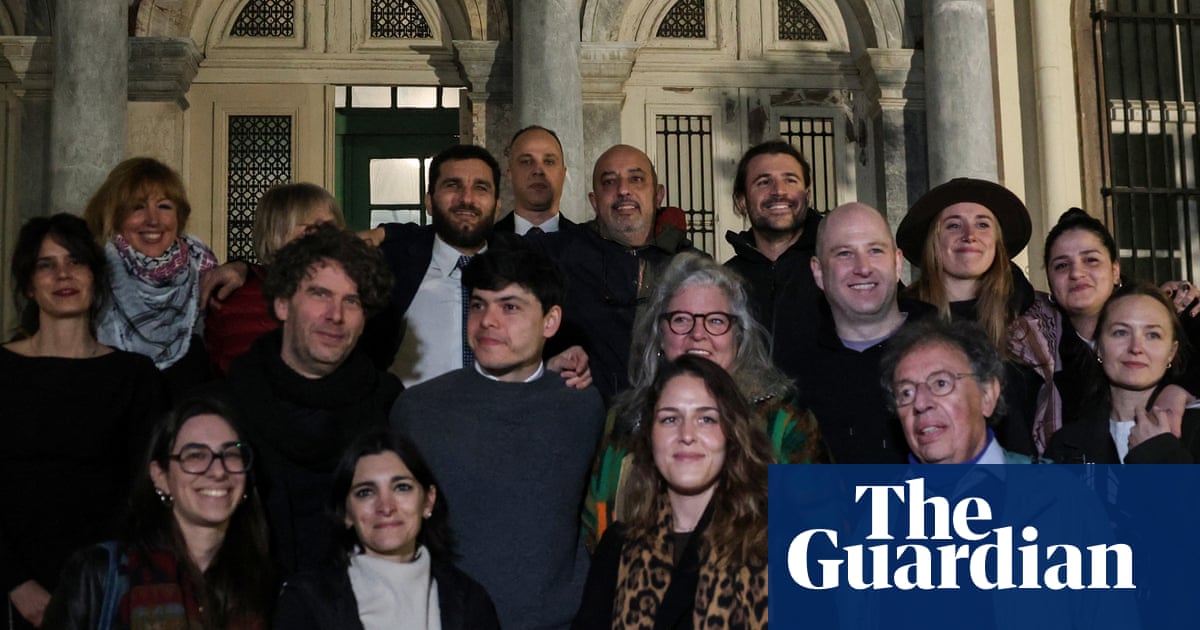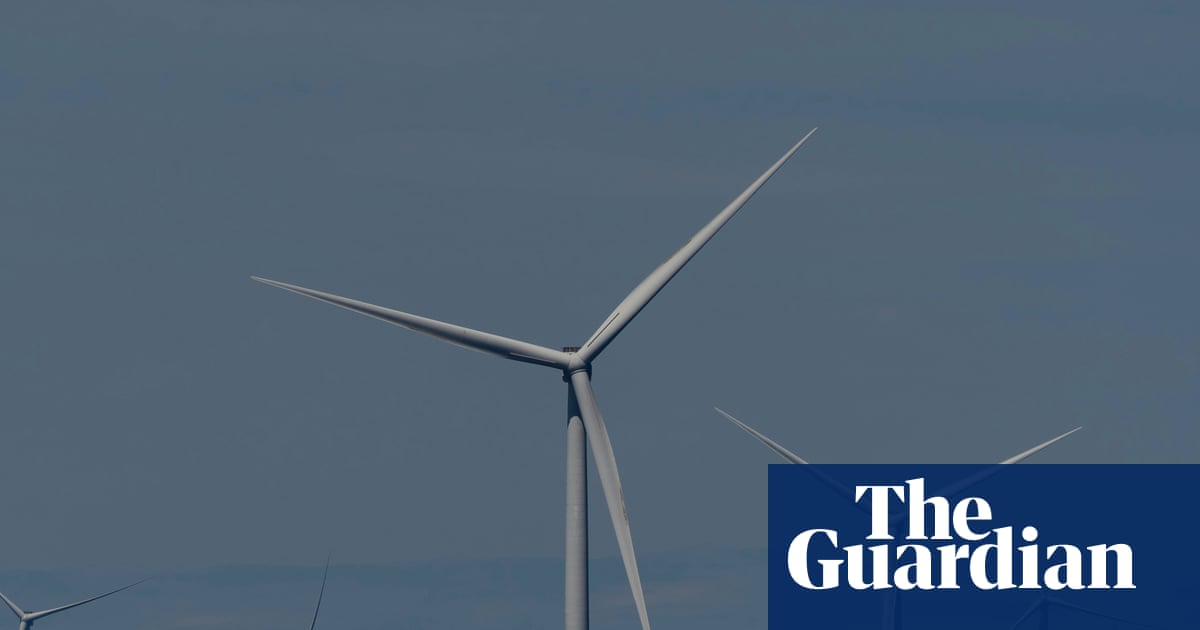The EU executive plans to create a Centre for Democratic Resilience to counter disinformation from Russia and other authoritarian regimes, according to a leaked paper.
The European Commission intends for the centre to bring together expertise across the EU and from countries seeking to join the bloc to fight foreign information manipulation and interference. The idea forms the centrepiece of the “democracy shield” pitched by the commission president, Ursula von der Leyen, when she sought a second term before the 2024 European elections.
Von der Leyen announced the idea of a European Centre for Democratic Resilience in a speech to MEPs in September. The document, due to be released on 12 November, sketches out further details, including where the commission sees its biggest threat. “In addition to its brutal war of aggression against Ukraine, Russia is also escalating hybrid attacks, waging a battle of influence against Europe,” states the draft seen by the Guardian. “By spreading deceitful narratives, sometimes including the manipulation and falsification of historical facts, they try to erode trust in democratic systems.”
The EU’s foreign service says it has identified dozens of instances of Russian disinformation and information manipulation, such as the Doppelganger campaign in the run-up to the European elections, where copycat versions of well-known media sites promulgated anti-western narratives.
Disinformation was carried on websites mimicking media outlets such as Die Welt, Le Point, La Stampa and Polskie Radio as part of the campaign, believed to have been active since 2022. On these copycat sites, fake articles, which were also widely promoted on social media, sought to discredit politicians, as well as undermine government support for Ukrainian refugees or Ukraine.
China has also been identified as a disinformation threat and is alleged to use private PR companies and influencers “to create, amplify and launder content aligned with China’s political interests worldwide”, according to the EU’s diplomatic service. In 2024, researchers at Citizen Lab uncovered 123 websites operating from China, purporting to be news outlets, which were disseminating pro-Beijing misinformation in 30 countries across Europe, Asia and Latin America.
The stakes of foreign interference were underscored when Romania became the first EU member state to annul an election after declassified intelligence revealed an alleged Russian campaign, including massive cyber-attacks on the electoral IT system and social media meddling in favour of an ultranationalist candidate. Authorities in Moldova, an EU candidate country, have also alleged Russian interference in recent elections, including massive vote-buying schemes and propaganda campaigns.
The centre would be a hub for EU institutions and member states to share information and early warnings, as well as raising public awareness about foreign governments seeking to manipulate information.
Participation in the centre would be voluntary for EU states and countries hoping to join the EU. The commission also suggests participation could be open to “like-minded partners”, raising the prospect of involvement for the UK, which is often described in such terms.
Other elements of the democracy shield plan include the creation of an independent network of factcheckers, to protect against misinformation, especially during elections, health emergencies or natural disasters.
Brussels also wants to see a voluntary network of internet influencers to raise awareness about EU rules on democratic and internet standards.

 2 months ago
70
2 months ago
70

















































